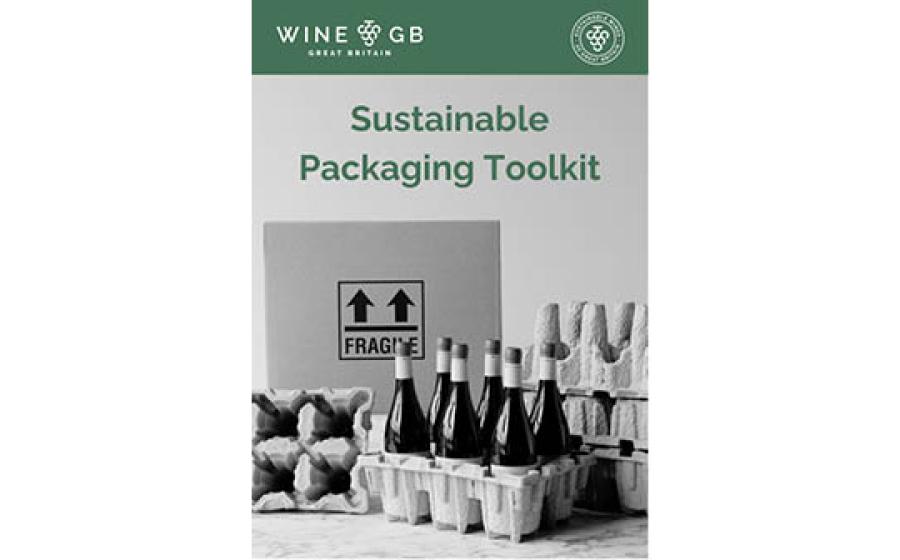
The carbon output from wine packaging ranges from 30% to almost 60% of the total carbon footprint of wine production. This toolkit allows readers to understand the impact of their decisions as well as how to comply with industry standards and choose the most suitable packaging options. It also includes packaging life cycle analysis, examples of best practice, relevant resources, checklists, retailer requirements, and case studies.
The toolkit examines different forms of wine packaging, assessing their strengths and weaknesses. For example, it addresses the issue of glass bottles, valued by traditional method sparkling wine producers, being both inert and able to withstand high pressure. While glass production has significant energy use and carbon emissions, glass is made from abundant raw materials and is infinitely recyclable without degradation in quality. There is considerable improvement potential as using recycled glass can reduce emissions by up to 30%, although most bottles contain only a proportion of recycled glass. Unnecessarily heavy bottles have attracted criticism from within the wine trade and led to critics such as Jancis Robinson MW publishing bottle weights alongside reviews. The toolkit also highlights potential future developments such as Sustainable Wine Table’s efforts to explore lightweighting options for sparkling wine bottles.
Nicola Bates, CEO of WineGB, comments: “Our Sustainable Packaging Toolkit enables English and Welsh wine producers to make more informed choices about their packaging that best suits the need of their businesses. It’s crucial to keep our members informed so they can stay one step ahead of upcoming changes in legislation. This toolkit is a one-stop-shop for what they need to know now and in the future.”
Fergus Elias, Director of Wine at Balfour Winery, adds: “The Packaging Toolkit is a well put together document. Thorough, clear, and accessible. There’s enough technical detail to be genuinely useful without tipping into overwhelm. I think producers, especially those earlier in their sustainability journey, will find it helpful.”



